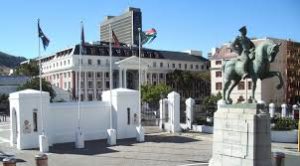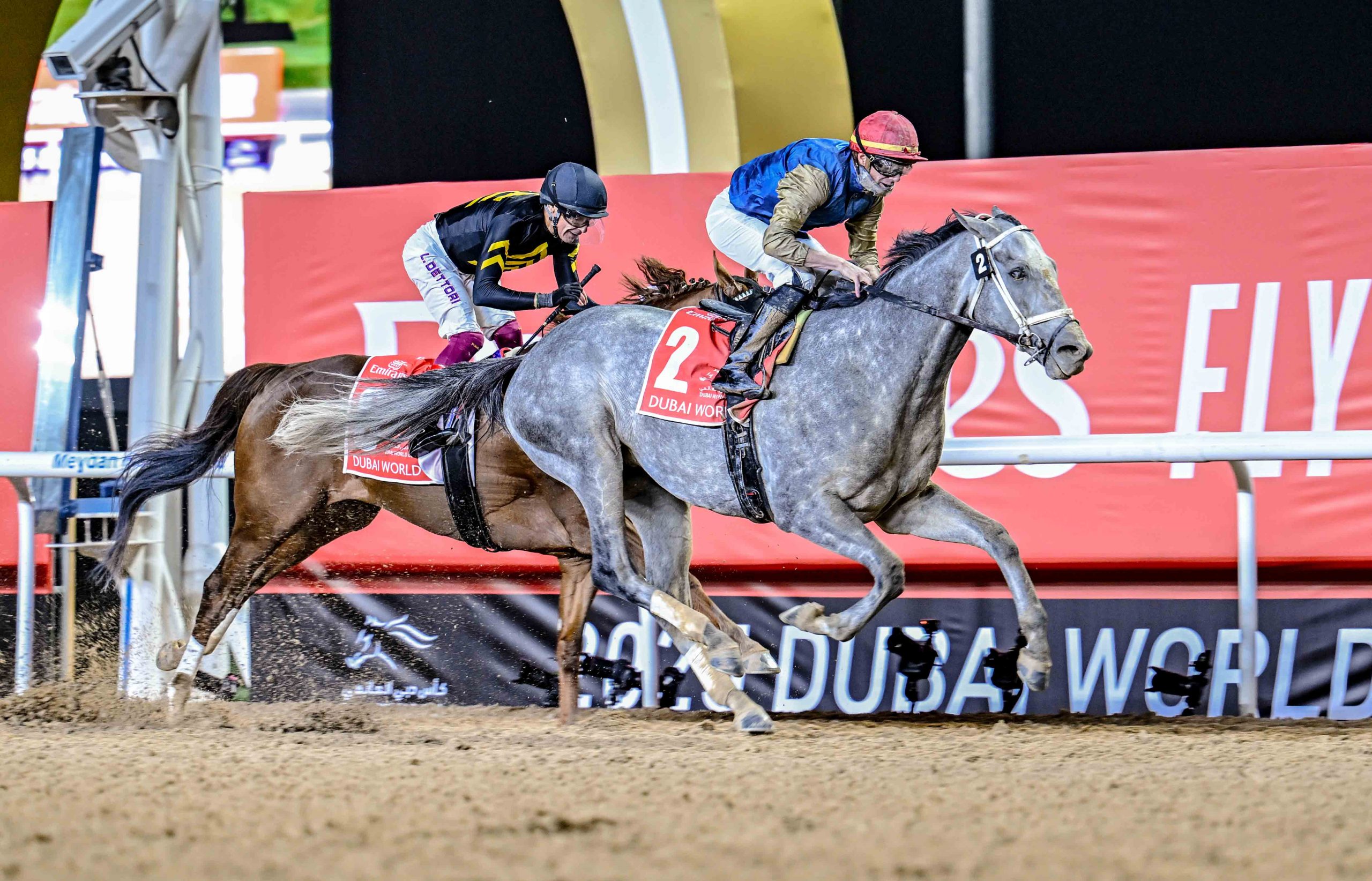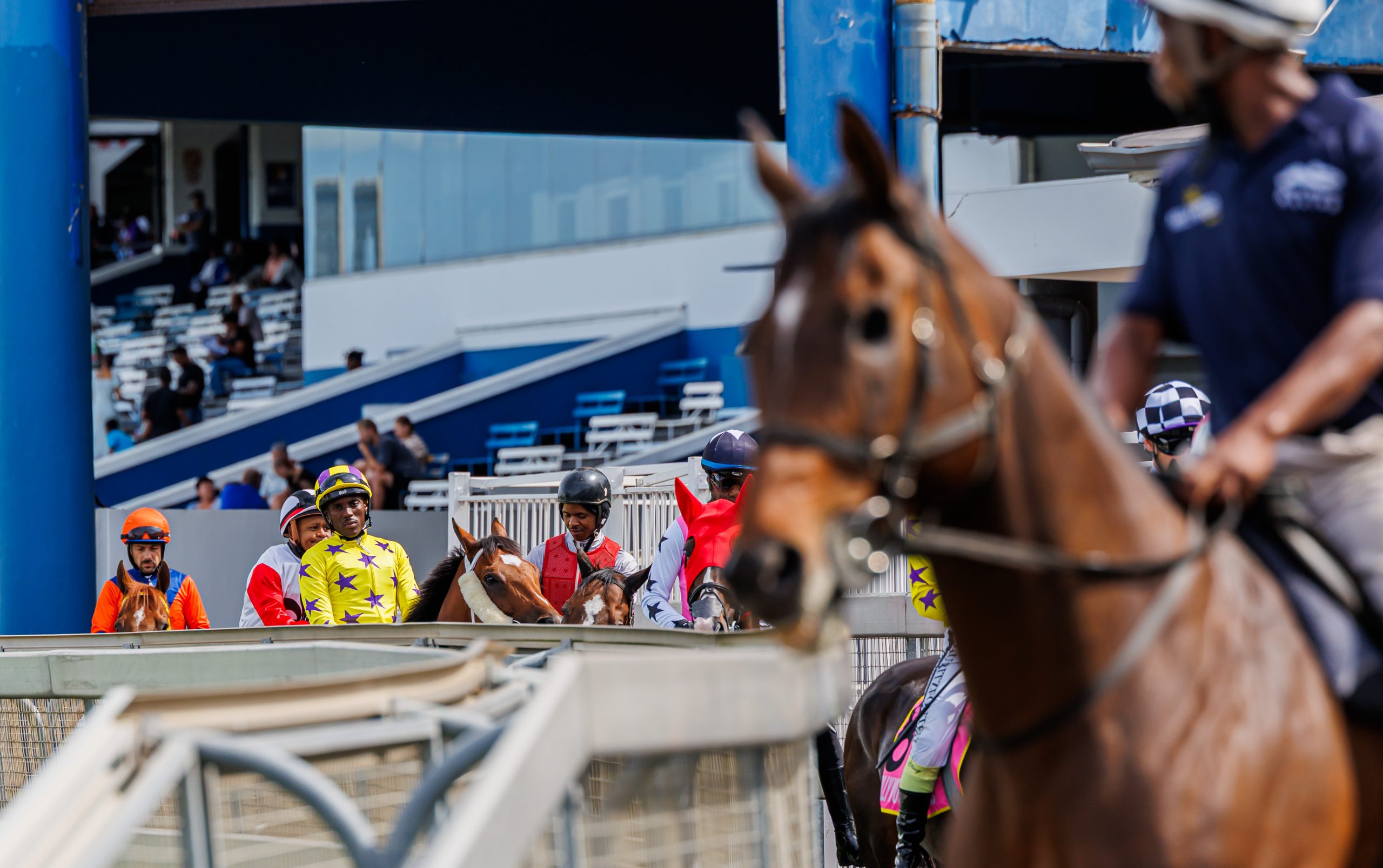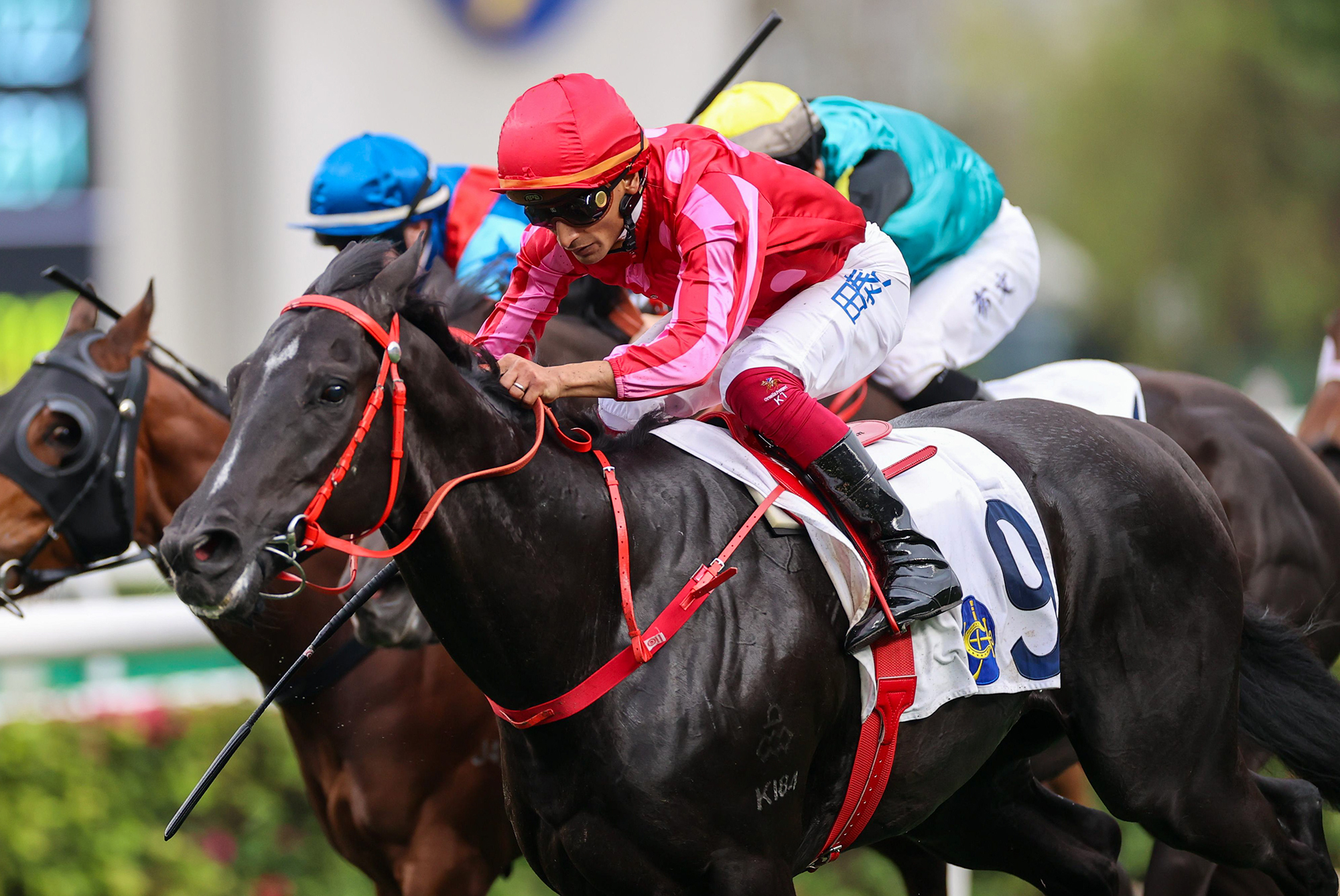On 24 February 2015, representatives of the South African racing and breeding industry attended a Parliamentary Portfolio Committee meeting on Agriculture in Cape Town. The presentations made were met with interest by the Committee and may signal a significant step forward in the fight against African Horse Sickness.
In attendance was Dr Bennie van der Merwe, who counts among his many qualifications being an equine veterinarian, Thoroughbred breeder, TBA Council member, Director of Racing South Africa, member of Equine Research Centre (ERC) Management Committee, Member of Horse Import & Export Task Team (HIETT), TBA representative at International Thoroughbred Breeders’ Federation (ITBF) and former President of the South African Equine Veterinary Association (SAEVA). Larry Wainstein (CEO of the Racing Association) and Mr Vumile Gqomose also attended on behalf of the racing industry.
The Thoroughbred racing and breeding industry was given the opportunity to address the Committee on some of the challenges South Africa faces in dealing with African Horse Sickness (AHS) as well as the repercussions of the disease not only on the local economy, but the potential repercussions on a South African bid for the Olympic Games.
Effect on Exports
Dr van der Merwe, who conducted the presentation, explained the severely deleterious effect that AHS has on the local economy. Onerous export protocols imposed by the disease mean that South African Thoroughbreds are currently realising approximately 25% of their value on the international market. Export restrictions also impede South Africa’s participation in international equestrian sporting events such as the World Equestrian Games and the Dubai World Cup, amounting to an estimated R1 billion loss on the export market alone on an annual basis.
Effect on local industry
Furthermore, with much of the breeding activity taking place in rural areas, the inability for this sector to grow has caused a contraction in our racing and breeding industries and has seen a significant loss of jobs in the all-important agricultural sector.
Not just a Thoroughbred disease
The country’s equid population is currently estimated at approximately 300,000, of which only 30,000 are Thoroughbreds, so the effect of the disease in the wider equine community is more profound still. The highest concentration of equines is found in the Eastern Cape, one of the country’s poorest and most rural areas which relies heavily on horses for transport as well as for their livelihood.
Olympic Bid
Last but not least, South Africa wishes to make a bid for the 2024 Olympics and will need to formalise a bid in 2017. The ability to host the equestrian events forms an integral part of the bid process and without a solution to AHS, the chance of a successful South Africa bid is unlikely.
State of Play
Dr van der Merwe advised the Committee that significant strides had already been made in the fight against AHS. The export workshop, hosted in April 2014, identified a vector protected ‘lock down’ facility in the AHS Controlled Area as having the best chance of appealing to prospective trade partners and an independent risk assessment by a leading authority from AusVet is currently underway in this regard. Other options for less risk-averse countries, including a lockdown in the infected area of the country, will also be considered and evaluated.
Secondly, a viable, new generation vaccine candidate, as well as the ERC’s highly sensitive PCR test (currently under 4th stage validation for use in international trade), are currently in development by the Equine Research Centre. Not only are these an excellent diagnostic and vaccine option, but they are also proudly South African. However, funding is needed to bring the projects to completion. A mere 10% of the R500 million promised by Government to Onderstepoort Biological Products will go a long way to solving the problem.
Outcome
The presentation was met with interest by the Portfolio Committee and Dr van der Merwe has followed it up with an additional written submission, including a recommendation for a high level multi-departmental government task team comprising the Departments of Agriculture, Forestry and Fisheries; Sport and Recreation; Trade and Industry; Science and Technology, to be formed urgently in order to address the task at hand. Dr van der Merwe has also been invited to address the EC Department of Agriculture on the subject in greater detail.









